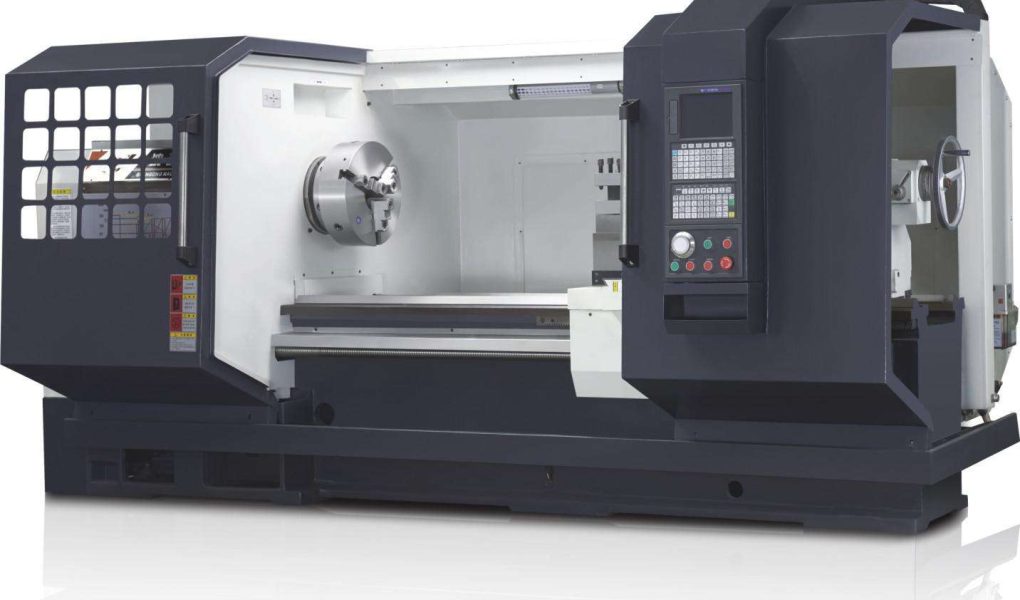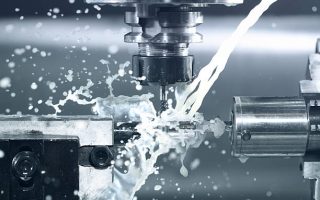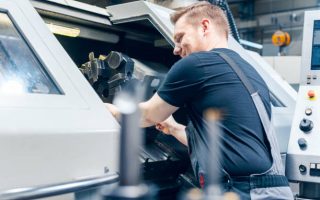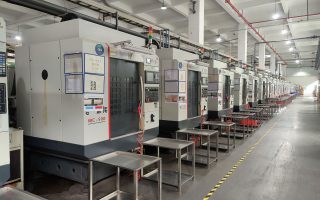
Introduction to CNC Machining Costs
CNC (Computer Numerical Control) machining is a manufacturing process in which pre-programmed computer software dictates the movement of factory tools and machinery. It is widely used across industries for producing precision parts and components. One of the most common questions in the manufacturing and engineering industries is: “How much does CNC machining cost per hour?”
The cost of CNC machining can vary significantly depending on a variety of factors, including the type of machine, the complexity of the part, the material used, labor costs, and additional overhead expenses. In this comprehensive guide, we will break down all the elements that contribute to CNC machining costs, provide typical hourly rates, and discuss how businesses can optimize their machining costs.
Factors Influencing CNC Machining Costs
To understand the cost of CNC machining per hour, it is essential to analyze the various factors that influence pricing. These factors include machine type, material costs, labor, setup time, tool wear, and overhead expenses. Let’s explore each of these in detail:
1. Type of CNC Machine
The type of CNC machine used has a significant impact on the hourly cost. CNC machines vary in complexity, capability, and operational costs. Common types of CNC machines include:
- 3-Axis CNC Machines: These are the most basic CNC machines and are typically used for simpler operations like drilling, milling, and cutting. They are less expensive to operate, with hourly rates ranging from $30 to $50.
- 4-Axis and 5-Axis CNC Machines: These machines are more advanced and capable of producing complex geometries. They are more expensive to operate, with hourly rates ranging from $75 to $150 or more.
- CNC Lathes: These machines are used for turning operations and are generally less expensive than multi-axis CNC machines. Hourly rates for CNC lathes typically range from $40 to $80.
- High-Precision CNC Machines: Machines designed for ultra-precise applications, such as aerospace or medical components, can cost upwards of $200 per hour due to their advanced capabilities and higher maintenance requirements.
2. Material Costs
The material being machined is another critical factor in determining costs. Different materials have varying levels of machinability, which affects cycle time, tool wear, and overall costs. Common materials and their cost implications include:
- Aluminum: Aluminum is lightweight, easy to machine, and relatively inexpensive. It is one of the most cost-effective materials for CNC machining, with material costs ranging from $2 to $4 per pound.
- Steel: Steel is harder to machine than aluminum, which increases cycle time and tool wear. Material costs for steel range from $0.50 to $1.50 per pound, but machining costs are higher due to its hardness.
- Stainless Steel: Stainless steel is more expensive and challenging to machine than regular steel. Material costs range from $2 to $6 per pound, with higher machining costs due to its toughness.
- Titanium: Titanium is a high-performance material used in aerospace and medical applications. It is expensive and difficult to machine, with material costs ranging from $10 to $30 per pound and higher machining costs.
- Plastics: Plastics like ABS, nylon, and PEEK are easier to machine and have lower material costs, typically ranging from $1 to $5 per pound.
3. Labor Costs
Labor costs include the wages of machine operators, programmers, and quality control personnel. These costs vary depending on the region, skill level, and experience of the workforce. In the United States, labor costs for CNC machining typically range from $20 to $50 per hour. In countries with lower labor costs, such as China or India, these rates can be significantly lower, ranging from $5 to $15 per hour.
4. Setup Time
Setup time refers to the time required to prepare the CNC machine for production. This includes loading the program, setting up fixtures, and calibrating tools. Setup time is a fixed cost and is usually higher for complex parts or small production runs. For example, a simple part may require 1-2 hours of setup time, while a complex part may take 4-8 hours or more. Setup costs are typically charged at the machine’s hourly rate.
5. Tool Wear and Replacement
CNC machining involves the use of cutting tools, which wear out over time and need to be replaced. Tool wear is influenced by factors such as material hardness, cutting speed, and feed rate. The cost of tools is typically included in the hourly rate, but for high-wear materials like titanium or stainless steel, additional charges may apply.
6. Overhead Costs
Overhead costs include expenses such as electricity, machine maintenance, software licenses, and facility costs. These costs are factored into the hourly rate and can vary depending on the size and efficiency of the machining shop. For example, a small shop with low overhead may charge $50 per hour, while a large facility with high overhead may charge $150 per hour or more.
Typical CNC Machining Hourly Rates
Based on the factors discussed above, here are some typical hourly rates for CNC machining:
- Basic 3-Axis CNC Machines: $30 to $50 per hour
- 4-Axis and 5-Axis CNC Machines: $75 to $150 per hour
- CNC Lathes: $40 to $80 per hour
- High-Precision CNC Machines: $150 to $300 per hour
It is important to note that these rates are averages and can vary depending on the region, industry, and specific machining shop.
How to Optimize CNC Machining Costs
Businesses can take several steps to optimize CNC machining costs and improve cost efficiency. Here are some strategies:
1. Design for Manufacturability (DFM)
Simplifying part designs can reduce machining time, tool wear, and setup costs. Avoiding unnecessary complexity and optimizing features for CNC machining can lead to significant cost savings.
2. Choose the Right Material
Selecting a material that balances performance and machinability can reduce costs. For example, using aluminum instead of stainless steel can lower both material and machining costs.
3. Optimize Batch Sizes
Producing larger batches can spread setup costs over more parts, reducing the cost per unit. However, it is essential to balance batch size with inventory and cash flow considerations.
4. Work with Experienced Machining Shops
Experienced machining shops can often complete jobs more efficiently, reducing cycle time and overall costs. They may also provide valuable feedback on design and material selection.
5. Use Advanced Software
Using advanced CAD/CAM software can optimize tool paths and reduce machining time. Some software solutions also offer simulation features to identify potential issues before production begins.
Conclusion
The cost of CNC machining per hour depends on a wide range of factors, including the type of machine, material, labor, and overhead expenses. Typical hourly rates range from $30 for basic machines to over $300 for high-precision equipment. By understanding the factors that influence costs and implementing strategies to optimize efficiency, businesses can reduce CNC machining expenses and improve profitability.
If you have specific questions about CNC machining costs or need assistance with a project, it is always a good idea to consult with a professional machining shop to get accurate quotes and expert advice.




